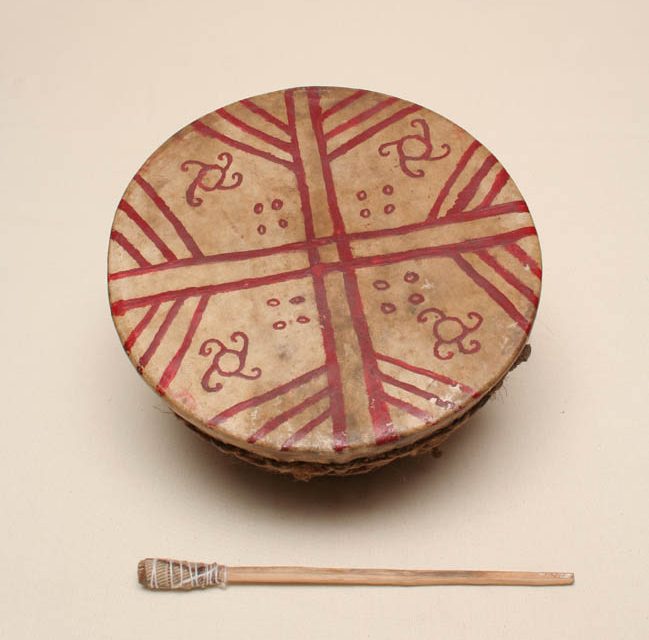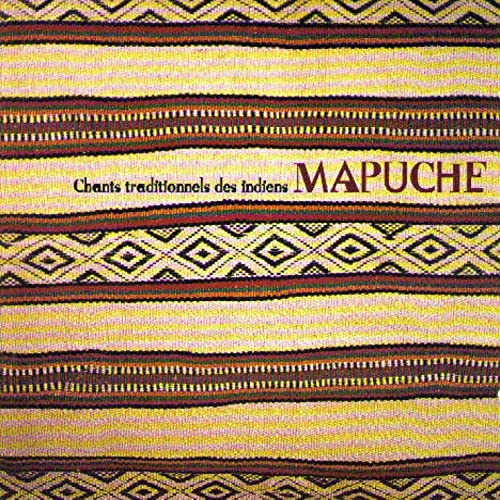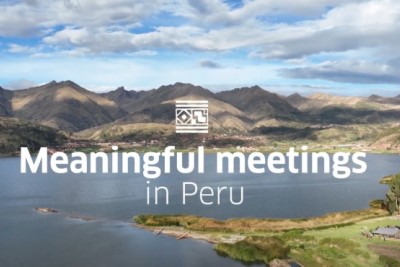The songs of the Mapuche people: ancestral knowledge and orality
Text by María Beatriz Vitarelli – Translation Rafael Tobar – This article was originally published on www.elcafelatino.org

Credit : Juan Cesar Astudillo
The Mapuche people are one of the original peoples of South America who inhabited the region of Argentinean and Chilean Patagonia before the arrival of the Spanish.
Today, the Mapuche people preserve their language, Mapudungun, and their ancestral customs, especially in rural areas. They are a bilingual and bicultural people who are evolving towards interculturalism. The Mapuche preserve and promote their ancestral knowledge by means of an orality linked by different discursive practices, including the ülkantun or Mapuche song[I].
The ülkantun is an artistic creation specific to the Mapuche culture. The first ülkantun was recorded in Chile around 1629 by Francisco Núñez de Pineda y Bascuñán. The narrator tells how the cacique Quilalebo bid him farewell with a song accompanied by dances and instruments.
The ülkantun is a specific type of sung speech in the Mapuche language. It is created individually in monodic form and has a poetic-musical character, addressing a wide variety of themes. Its dissemination in a community setting makes it anonymous and social. Its brevity is its most characteristic feature, although there are very long texts, such as those related to epic themes.
According to the bibliography consulted [II], the themes of the ülkantun are varied and can be classified into seven recurring themes. The lamngen ülkantun or love song, the machi ül or healing song, the ngünülün or elegiac song, the pichiche ül or lullaby, the weichapegüm ül or epic song, the llamekan or social song, and the ñuwin ül or threshing song.
In general, the singing is accompanied by the kultrum, a percussion instrument made of sheepskin. However, elegies are accompanied by another small metal instrument, the trumpet, trompetupeyün ül. Another instrument that can accompany songs is the kinkülkawe, a vocal resonator bow made from two pieces of foal rib.
As an example, we share two transcriptions made in 1963 in San Martín de Los Ande and in Neuquén by researchers specialising in Mapuche culture, including Berta Koessler-Ilg.
The epic songs or weichapegüm ül evoke the occupation of land and the struggles against the Chileans and Argentines, the winka, and around the malón.
Uenankun elkantun
Peñi anai peñi müleinga mülai mapu gnañitemum, anai peñi. Ragnün küme ke kullin meut’emum mürkei eneu gnañi küme ke femgñen, anai peñi. Fanten meu gna uesa che reke ngamiautun, anai peñi.
Brother, brother-friend: here, here is the country where I grew up, brother-friend. In the midst of the best animals, I was raised by my dear parents, brother-friend. But now I walk like a wretch, brother-friend.
The healing songs or machi ül are the songs sung by the main female figure in Mapuche society: the machi. In the machitún or healing ritual, they sing, pray and dance accompanied by the kultrum and the pifilka.

Cover of the traditional Mapuche songs album © 1998 Iris Music
VIII
¿,,Monéan “pilaimi te?
¿,,Monéan na” pilaimi te?
Fëreneqeimeu Ngënechen.
Akuleimi mariepu reniñwenu llaweñ mai,
Tami monean,
Tami fëreneeteu rangiñwenu Ngënechen.
Elúyeaimeu mariepu llawen´mai.
Did you not say, “I want to get well”?
Didn’t you say, “I want to get well”?
God has had mercy on you.
I bring you twelve remedies from high heaven,
That you may be healed,
For the heavens have had mercy on you.
God has had mercy on you.
He will give you twelve remedies.
Recent work by Herminia Navarro Hartmann and Olga Huenaihuen on Mapuche poetry confirms the validity of a language, Mapundungun, which is evolving towards registers unknown at its origins, such as writing.
Bibliography: FERNÁNDEZ, César et NAVARRO, Herminia, Ulkantun : cancionero mapuche. Ed. Carminalucis, Buenos Aires, 2021.
Video: The diffusion of Mapuche song in the present day in the voice of Anahí Rayen Mariluan
RECENT POSTS

Montevideo, New Headquarters of the Tourism Law Observatory for Latin America and the Caribbean
LATAM NEWS Montevideo, New Headquarters of the Tourism Law Observatory for Latin America and the CaribbeanMontevideo, the capital of Uruguay, has been designated as the headquarters of the Tourism Law Observatory for Latin America and the Caribbean, an initiative...

Guanacaste: An Escape to the Heart of Costa Rican Biodiversity
DESTINATIONS Guanacaste: An Escape to the Heart of Costa Rican Biodiversity Situated in the north-west of Costa Rica, the province of Guanacaste is a natural paradise that captivates visitors with its ecological diversity, heavenly beaches and deep-rooted cultural...

“Meaningful Meetings in Peru 2024”: A New Era for Meeting Tourism
LATAM NEWS “Meaningful Meetings in Peru 2024”: A New Era for Meeting Tourism Peru's Export and Tourism Promotion Agency (PROMPERÚ) recently launched its ‘Meaningful Meetings in Peru 2024’ campaign. This initiative aims to position Peru as a destination of...


